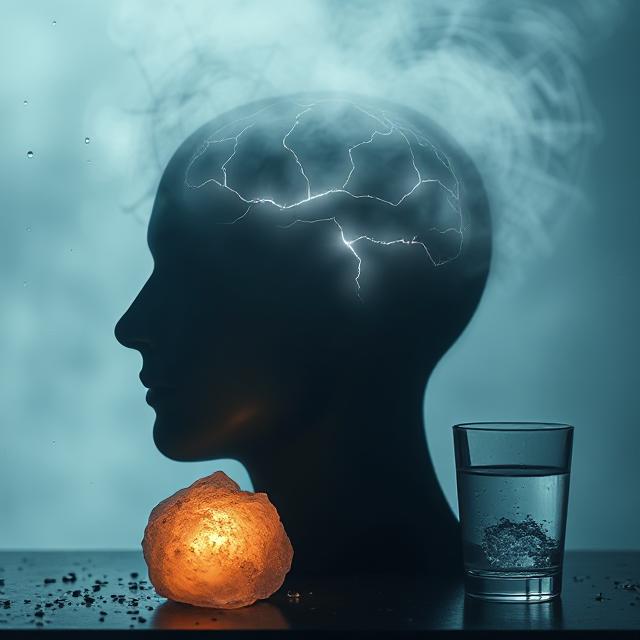Table of Contents
Electrolyte Misconceptions: Facts vs. Myths Explained
Electrolytes—minerals like sodium, potassium, calcium, and magnesium—are essential for maintaining fluid balance, nerve function, and muscle contractions. Despite their importance, many electrolyte misconceptions persist, influencing how people approach hydration, nutrition, and supplementation.
This article clears up these misunderstandings by explaining what electrolytes really do and how to manage them properly for optimal health.
What Are Electrolytes and Why Do They Matter?
Electrolytes are charged minerals dissolved in bodily fluids that conduct electricity. This property is critical for:
- Regulating nerve impulses
- Controlling muscle contractions
- Maintaining acid-base balance
- Supporting hydration by regulating water movement between cells and blood
Common Electrolyte Misconceptions
1. Electrolyte Imbalance Only Happens from Excessive Sweating
While heavy sweating during intense exercise or heat can cause electrolyte loss, imbalances can also occur due to dehydration, certain medications, kidney problems, or illnesses like diarrhea and vomiting.
2. Drinking Lots of Water Alone Prevents Electrolyte Issues
Overhydration without replenishing electrolytes can dilute blood minerals, leading to a dangerous condition called hyponatremia (low sodium). Proper electrolyte intake is vital alongside water, especially during prolonged physical activity.
3. All Electrolyte Drinks Are the Same
Many commercial electrolyte beverages contain varying amounts of sugars, sodium, and artificial additives. Choosing the right drink depends on your individual needs, activity level, and electrolyte loss amount.
4. Sodium Is Always Bad
Sodium often gets a bad reputation, but it is essential for fluid balance and nerve function. Excessive restriction can impair hydration and muscle function, particularly in athletes or people exposed to heat.
5. Electrolyte Supplements Are Only for Athletes
Although athletes may require targeted electrolyte replacement, many people with specific health conditions, elderly individuals, or those recovering from illness can benefit from proper electrolyte management.
How to Maintain Healthy Electrolyte Balance
- Eat a Balanced Diet: Include natural sources like fruits, vegetables, nuts, dairy, and meats rich in potassium, magnesium, and calcium.
- Stay Hydrated Wisely: Drink water but complement it with electrolyte intake during heavy sweating or illness.
- Monitor Symptoms: Muscle cramps, fatigue, dizziness, and irregular heartbeat can indicate imbalance and should prompt medical evaluation.
- Choose Electrolyte Drinks Carefully: Look for low-sugar, well-balanced options without excessive additives.
When to Seek Medical Advice
If you experience severe or persistent symptoms like confusion, severe cramps, or fainting, consult a healthcare professional. Electrolyte imbalances can sometimes indicate underlying medical issues that require treatment.
Conclusion
Understanding electrolyte misconceptions helps you avoid common hydration mistakes and supports overall health. Balanced intake of electrolytes along with water is crucial for your body’s electrical and fluid systems to function efficiently.
References
- Mayo Clinic: Electrolyte Imbalance
- National Institutes of Health: Electrolytes
- Journal of the International Society of Sports Nutrition, 2017: “Position Stand: Hydration and Electrolyte Replacement”




